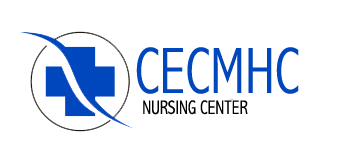What are the Disadvantages of Being Nurse
If you are considering the prospect of becoming a nurse there are a number of disadvantages that can occur as a result of your career path. Understandings of these basic disadvantages can help to prepare you for some the letdowns that can come in your career. Here’s some of the biggest advantages of becoming a nurse direct from experienced nurses:
Physical Exhaustion: long hours on your feet can often be the cause of serious burnout as well as a variety of fatigue factors. Many nurses experience problems with their legs, their back and with their feet. After years of working as a nurse it’s easy to understand the physical toll that the job takes on you, especially working regular 12 hour shifts.
Psychological Exhaustion: Nurses deal with the prospect of losing patience, seeing serious violence and illness almost every single day. The idea of becoming a nurse takes a certain personality type and its difficult to prevent these stressful situations from making their way into their personal lives over time. Having a good support network and making sure that you can handle the psychological exhaustion of nursing is important.
The hours can be difficult: as mentioned before many nurses need to work at least 12 hour shifts. During the early stages of working in a new medical facility as well you could be expected to work holidays, birthdays and other significant events. When you are starting out your career this can be very taxing for nurses.
Patients may not always appreciate assistance: some nurses can experience harassment and more from patients which can be difficult to deal with when you are new and without experience.
It can be draining on your health: working in a hospital environment can expose you to a variety of viruses, germs and more. It’s very important that you have a strong immune system and that you can work to prevent sickness whenever possible.
Keep some of these top disadvantages in mind if you are considering getting into nursing so that you can be prepared for the future.

